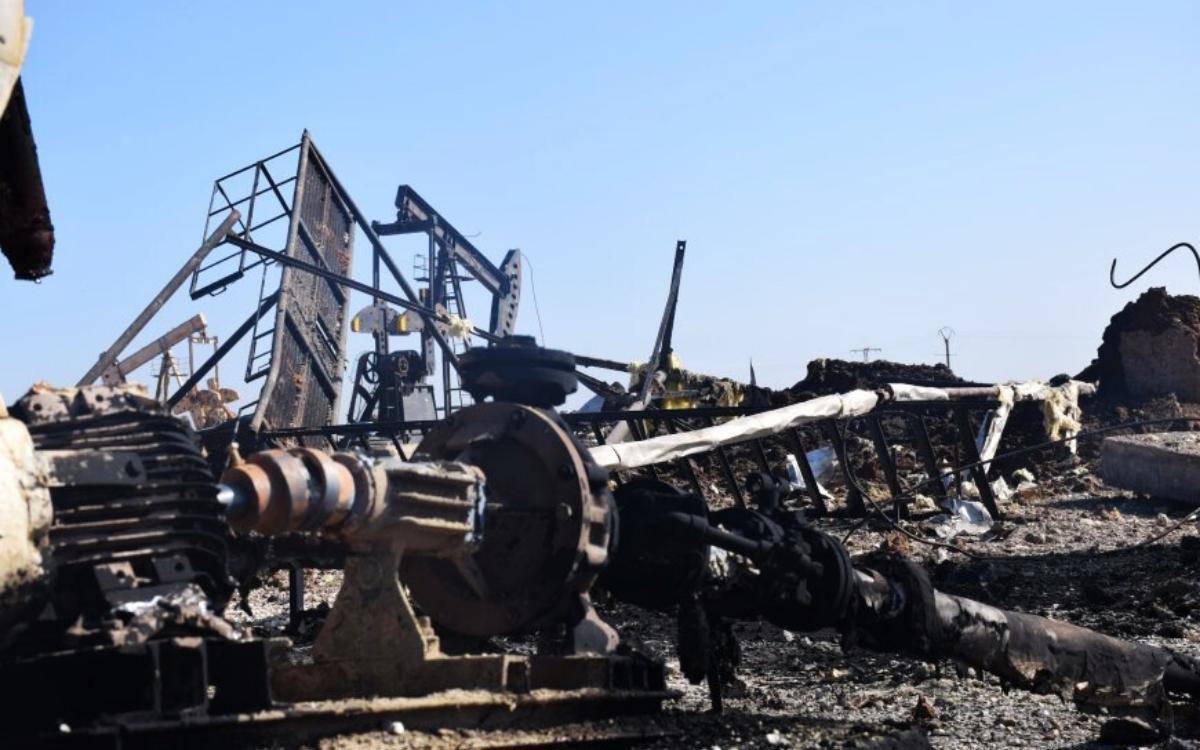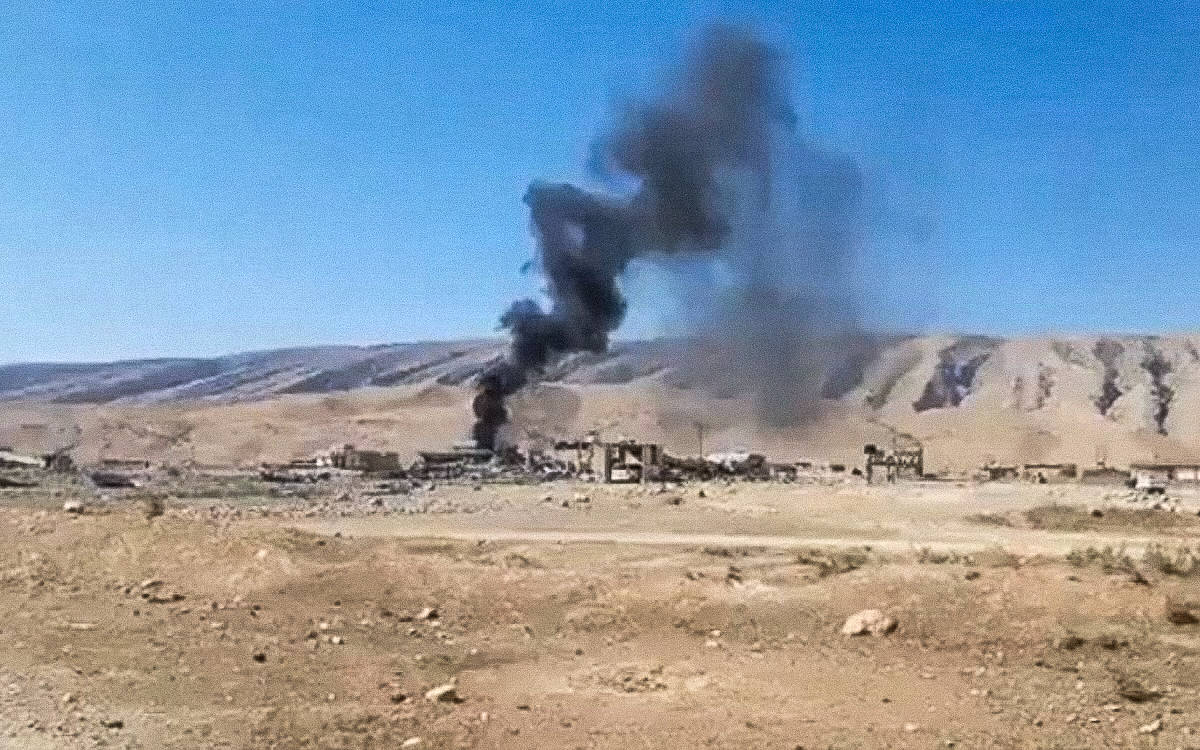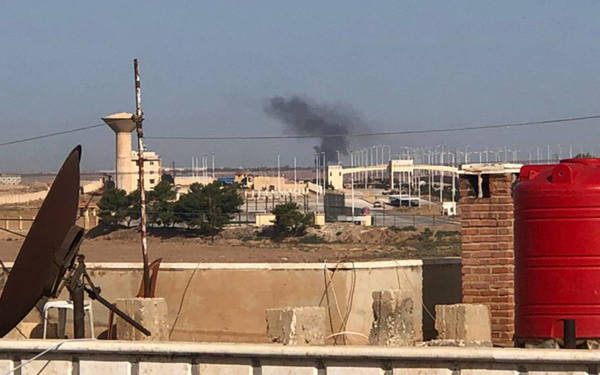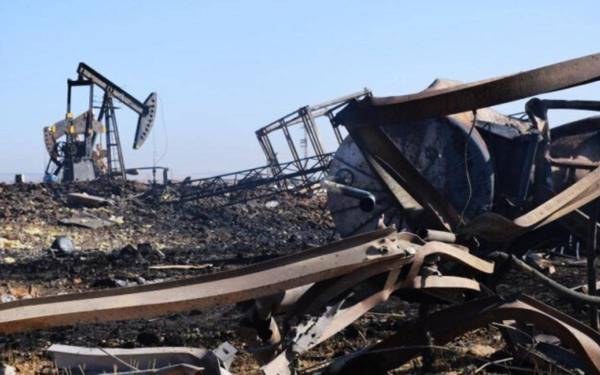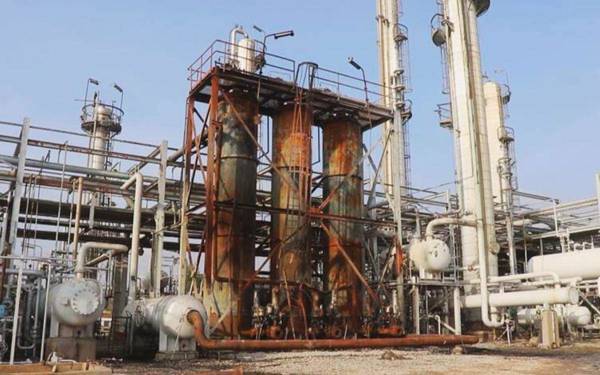Turkish airstrikes, initiated on October 5th in areas controlled by the Syrian Democratic Forces (SDF) in Northern and Eastern Syria, have caused lasting damage to public facilities such as civilian settlements, dams, power plants, and irrigation networks, according to the Syrian Observatory for Human Rights (SOHR). The strikes resulted in at least 45 casualties.
The Management of the Rmelan Oil Fields reported in its damage assessment that the attacks affected the operations of bakeries and water stations in the southern parts of Hasakah and Deir ez-Zor. As reported by Mezopotamya Agency (MA), some stations were entirely out of service, leaving 2.15 million people in the Autonomous Administration regions with limited acces to electicity.
The report indicated that 13 oil wells were bombed in the region, resulting in a loss of $35,351,228. Additionally, damage amounting to $96,565,000 occurred in six oil collection stations. The reconstruction and repair costs for the targeted oil centers were estimated at $7,500,000.
The report further highlighted that due to the attacks, the revenues of the Autonomous Administration's treasury decreased by at least $540 million.
Background
On October 1, two attackers targeted the General Directorate of Security building in Ankara, the capital, with one detonating a suicide vest. The explosion wounded two police officers while the two assailants were killed.
The attackers had reportedly hijacked a vehicle and killed its driver in Kayseri before driving to Ankara. The Kurdistan Workers’ Party (PKK) claimed responsibility for the attack.
Turkey, which considers the autonomous administration in northern Syria an extension of the PKK, carried out retaliatory strikes in the region, targeting infrastructure facilities. (TY/VK)





